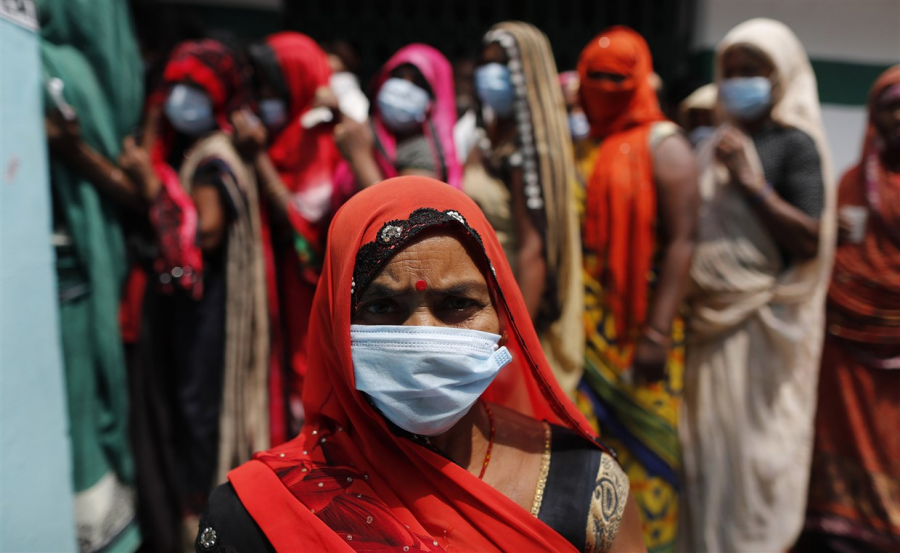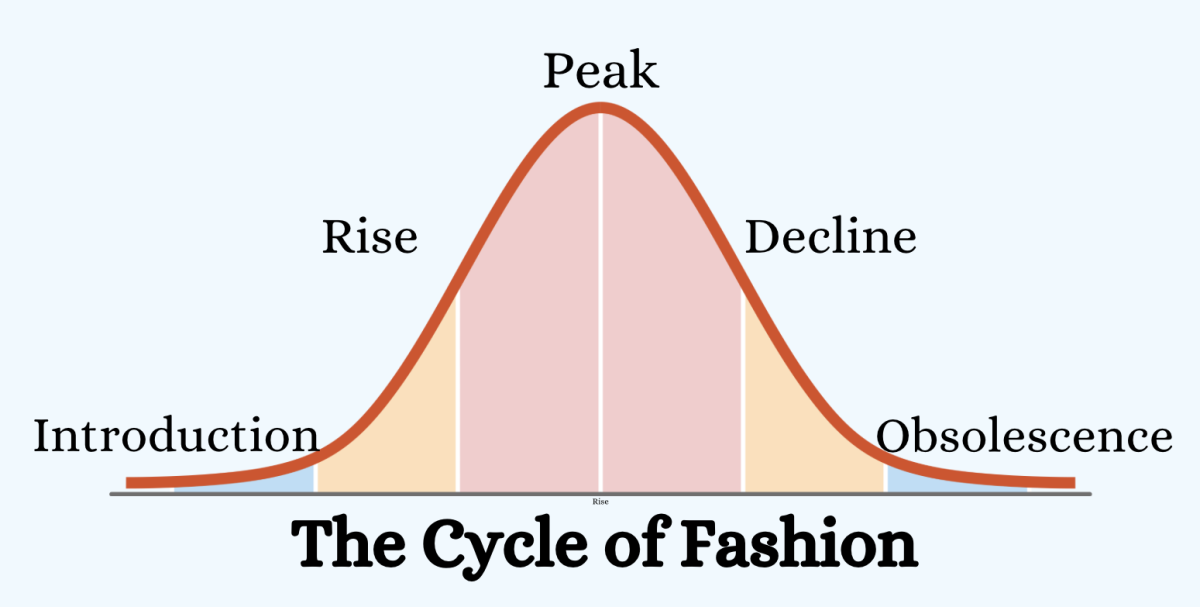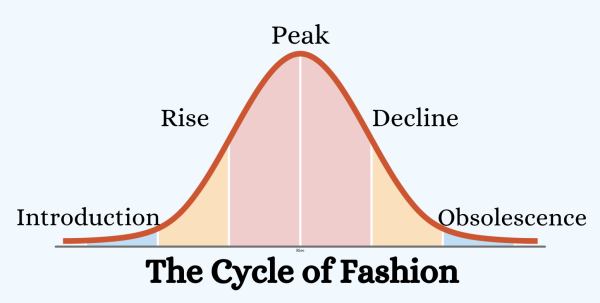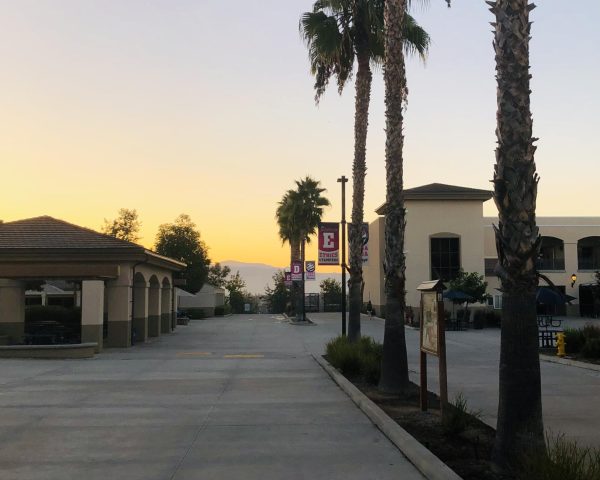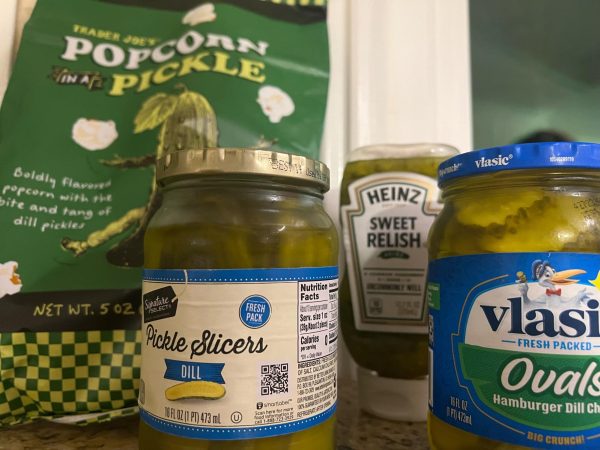Is Switching to a More “Green” Diet Actually Helping the Planet?
By not consuming meat, people could still have the same impact on the environment as people who do.
April 25, 2020
In response to climate change, many people have started to think of ways to help the environment. Many solutions have been to start recycling or to use renewable energy. One solution that many people have started to do individually is switching to a more environmentally friendly diet. Analise Hopper (9) is vegetarian and decided to switch to this diet because she “wanted to help the earth by not consuming meat, which would eliminate one person’s emissions of greenhouse gasses.” Although many people think that choosing a sustainable diet will help to minimize their impact on the planet, that might not be the case.
To begin with, becoming vegetarian has a few problems. By not consuming meat, vegetarians are consuming more non-meat animal products, such as milk, eggs, and cheese. The Telegraph states that dairy products make up a quarter of the world’s greenhouse gas emissions. This still requires cows and other livestock to be raised in order to get these products, so therefore it will have little to no impact on a vegetarian’s greenhouse gas emissions.
If someone was trying to reduce their personal emissions, the best choice for them is to switch to a vegan diet, in which they don’t consume any animal products. However, choosing to become vegan still has its issues. Since people who are vegan don’t consume animal products, what do they eat? Vegans typically eat fruits, vegetables, whole grains, and other plant-based foods. Some people may think that this is the best way to minimize their environmental impact, but by consuming these foods, more land is needed for planting. One of the world’s most consumed grains, rice, requires a lot of land for planting. According to CNN Health, rice is planted on 12% of Earth’s plantable land. Additionally, rainforests are cleared so that other crops, such as avocados, can be planted. This shows that even vegan diets don’t have the best impact on the environment.
As one would expect, switching to a sustainable diet has its benefits in addition to its downsides. According to the Global Citizen, by not consuming meat, less energy is consumed because livestock production takes in a lot of energy. By using less energy, less greenhouse gases will be emitted into the atmosphere, which will help combat climate change.
Becoming vegetarian or vegan is not a bad idea for people who want to help the planet. It has its benefits in addition to its flaws. Choosing a more environmentally friendly diet may not be as beneficial as people may think, but there are always alternative ways to help the world around you. Every solution comes with its fair share of benefits and downsides, so choosing the right solution for you means taking into consideration a number of different elements.









